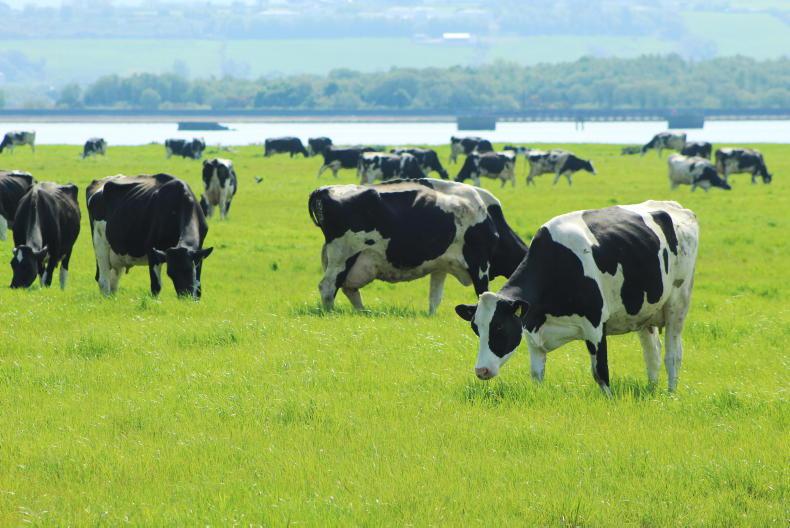The incoming Government has made a commitment to advocate for the accounting of biogenic methane "to be reclassified at EU and international level".
In a 2023 study, Teagasc stated that the GWP100 accounting system overestimated the impact of methane emissions from Irish livestock and that the GWP* system gave more “significant reductions” in emissions.
Teagasc has said that moving to reflect the actual warming impact of biogenic methane would provide more useful information around the achievement of climate neutrality.
Head of the animal and grassland research and innovation programme at Teagasc Laurence Shalloo said that the move to reflect the unique characteristics of biogenic methane would have a significant impact on the requirements to reduce biogenic methane in order to achieve climate neutrality (no additional warming).
Span
"Firstly, GWP 100 reflects a 100-year life span of methane - that's saying that it lasts in the atmosphere for 100 years. Biogenic methane, while a potent greenhouse gas, has a half-life of approximately 12 years.
"If methane isn't increasing or if it's slightly decreasing, that means that the concentration of methane will not be increasing in the atmosphere.
"Therefore, there would be no additional warming associated with methane and that's a real big change to how GWP100 calculated.
"If we moved to using a metric that reflects 100 years to one that reflects the warming impact at circa 8% reduction in methane by 2040 relative to 2020, [that] would mean there would be no additional warming associated with the methane coming from agriculture," Dr Shalloo said.
Having an accurate methodology in place to account for methane's impact on additional warming is extremely important, Shalloo added.






 This is a subscriber-only article
This is a subscriber-only article










SHARING OPTIONS: